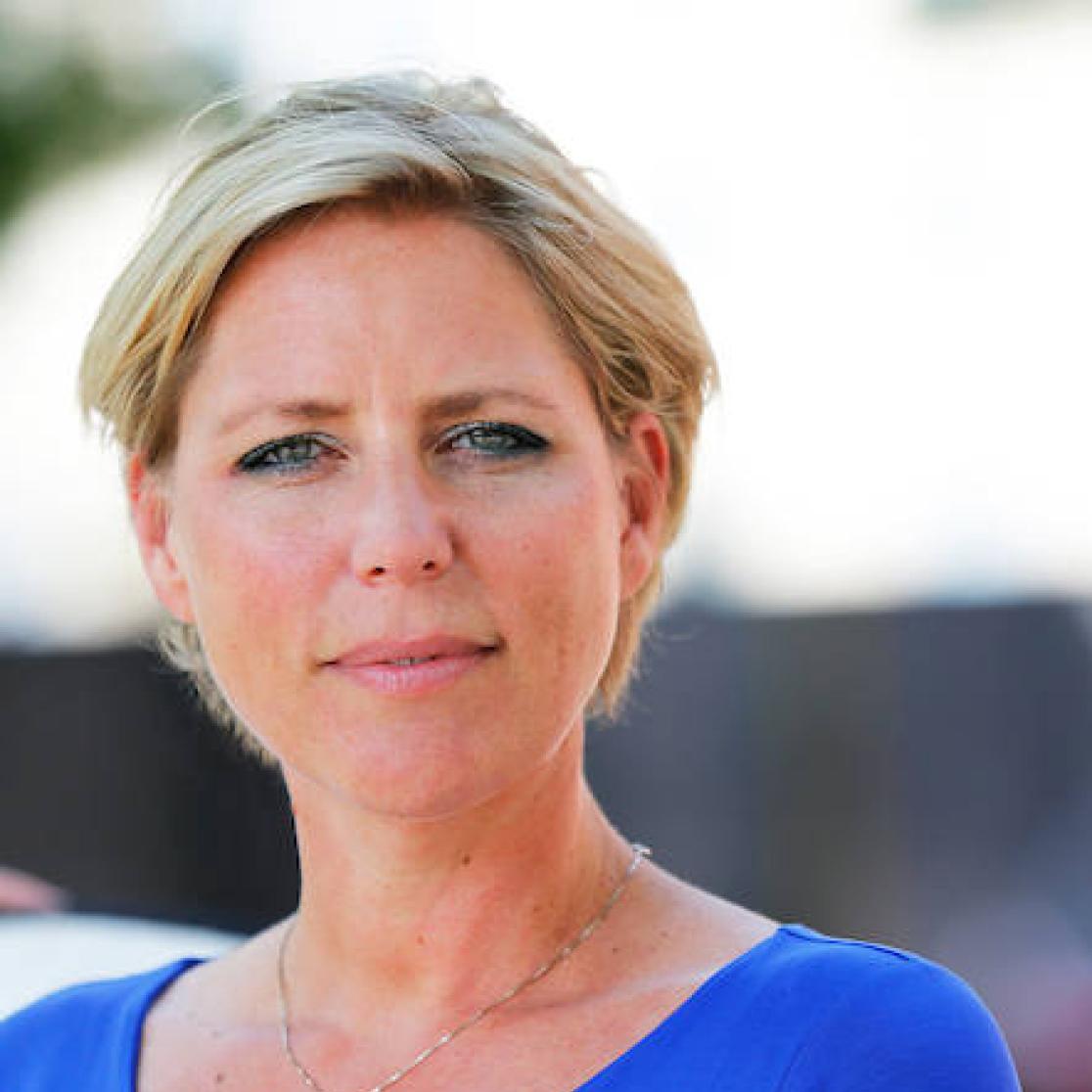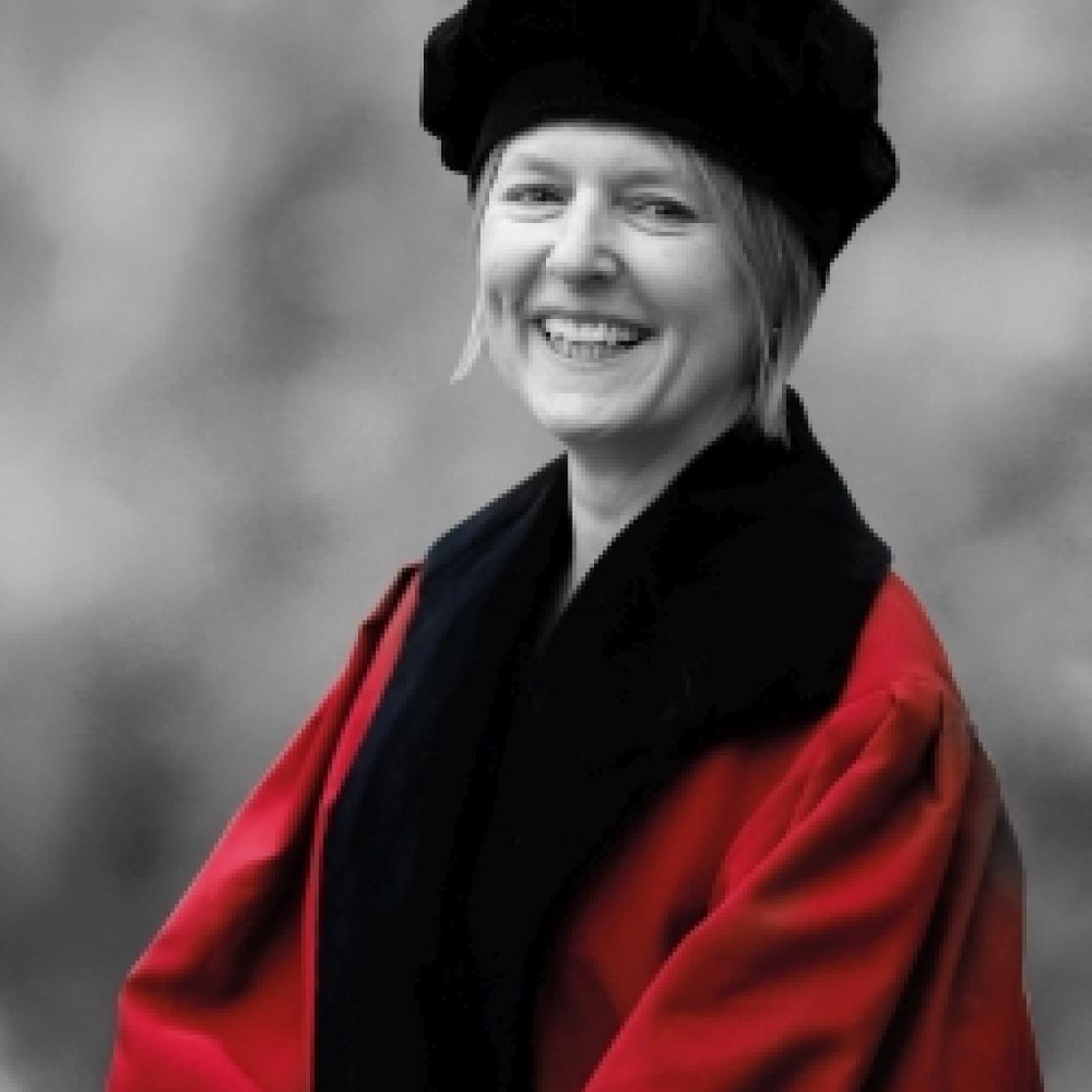Content, format, activities
If you wish to improve your academic skills in English, then this Effective Communication course is perfect. In the course you will improve your communication skills by acquiring a deeper understanding of grammar, spoken English, listening comprehension, reading and writing skills. It is specially designed for students who need to become more confident and fluent users of English, so it is ideal for those who have a good passive knowledge of English, but now need to bring that knowledge into practice. In small groups, you will work on improving all your English skills through a variety of communicative tasks and to test and actively practice your English skills for use in an academic environment. As a result, you will become a more accurate and effective communicator. This course is ideal for those students who score within the lower 20% in the English Language Diagnostic Test.
Literature
New Language Leader Upper Intermediate Coursebook, ISBN 9781447961543
Dates
5 October - 7 December 2016 Wednesday 16.00-18.00
5 October - 7 December 2016 Wednesday 18.30-20.30
Format: 10 weeks, 1 x week, 2 hours.
Fees
EUR 235 for 20 contact hours (+ self-study and assignments!)
Registration
Registration now open (deadline 22 September 2016) via the website
Course code: E-2

